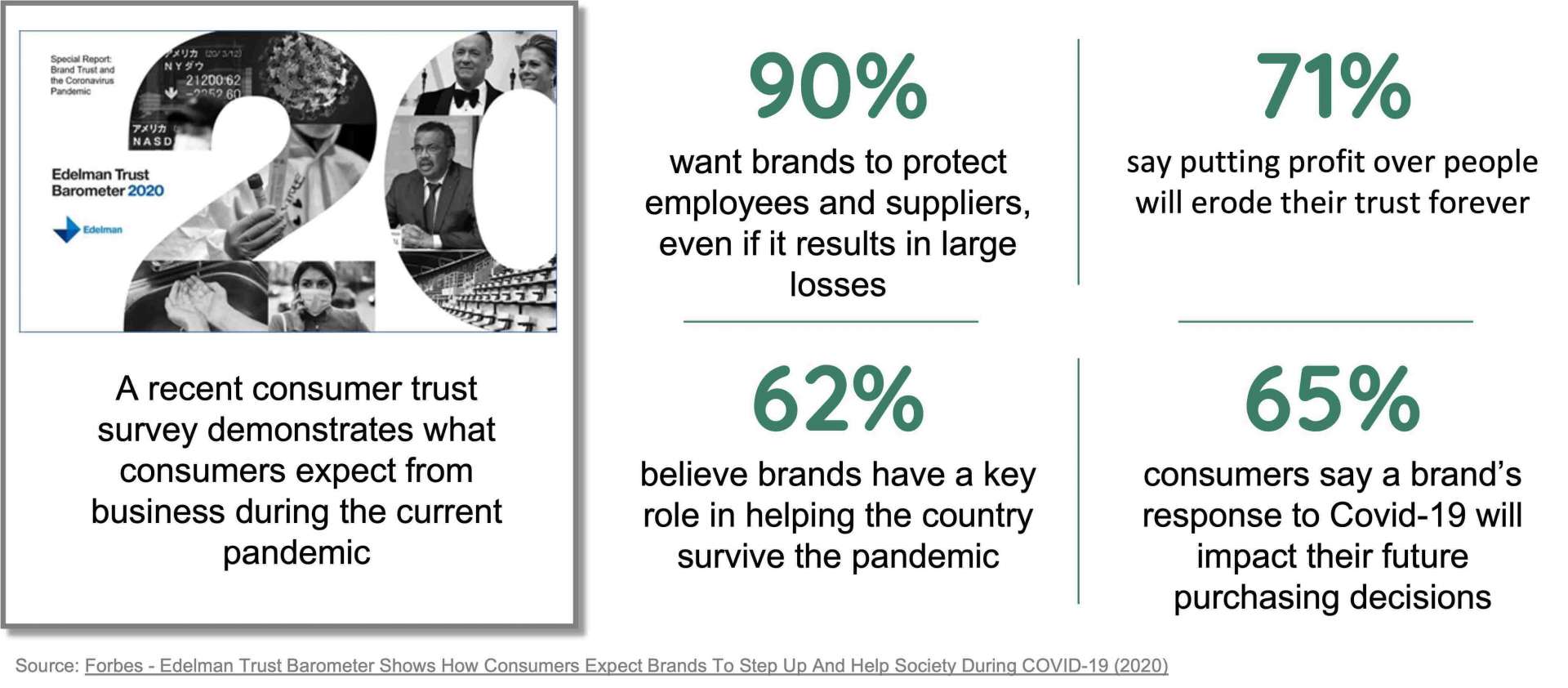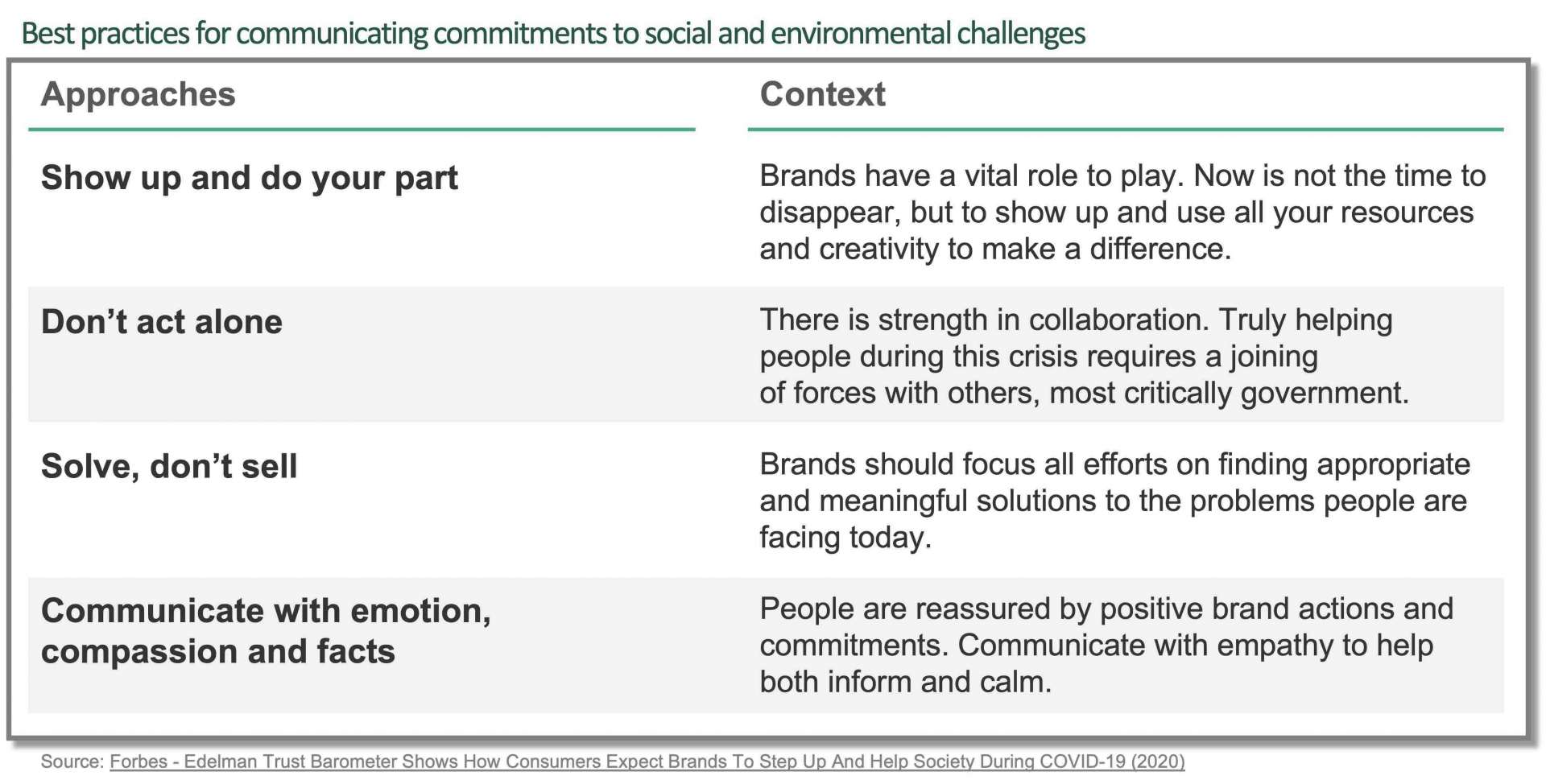Business risks and mitigations connected with B Corps and purpose-driven business
Risk exists in every decision we make and every action we take as individuals. There are few things in life that don’t carry some risk. Businesses are no different – they face risks every day. And while becoming a B Corp provides significant value, it also comes with some risk.
Risk always exist
Risk exists in every decision we make and every action we take as individuals. There are few things in life that don’t carry some risk. Businesses are no different – they face risks every day. And while becoming a B Corp provides significant value, it also comes with some risk.
At the highest level, employees and consumers present the largest business risks for purpose-driven companies and B Corps. In both cases, one risk is the same – do they believe that a company’s values are genuine and not self-serving. While the B Corp certification signals a company’s values, most people want proof before they fully believe the message.
Mitigating employee risks
Transparency provides needed insight into company practices and begins providing proof that values are genuine. Starting with employees is important. Sustainable Brands, an online magazine focused on sustainability, notes that just 16 percent of consumers believe what companies tell them. But 54 percent give credence to what employees say about a company. Employees are critical to company success, both in that they are needed to do the work and they have direct and frequent contact with customers. Employees need to buy-in, believe, and/or be engaged with what their company is doing for any effort to be successful. B Corp certification is about culture and the certification has minimal or no value if that culture is not embedded deep into every aspect of the company.
Creating culture is always a challenge. A few simple actions can help mitigate the inherent risks with managing employee expectations:
- Demonstrate how they add value
- Encourage participation in extracurricular purpose
- Welcome engagement in social good
- Ensure they know your story of purpose
- Enable them to tell your purpose story
- Empower them to tell your story
One of the ways team members decide if you are serious about your purpose is when you make a decision that isn’t in the short-term interest of the business but is aligned with your purpose.
-Walter Robb, former Co-CEO of Whole Foods
Consumer risks and mitigations
Consumer expectations are also increasing, as noted in prior sections. Edelman, a communications firm, conducted a consumer trust survey they refer to as their Trust Barometer. The survey in early 2020 gauged consumer perspectives on businesses response during the Covid-19 pandemic and their findings are a clarion call for the role of business.
More than half of consumers feel that brands need to take action to help the country survive the pandemic, and many believe that business has been more responsive and effective than the government. The overwhelming majority of consumers – 90 percent – believe that brands need to protect employees and suppliers even it that leads to large financial losses. Just as (or even more) importantly, the actions companies take now will have long lasting impacts on consumer perception in the future, which in turn will have long-lasting impacts on profitability and longevity.
Protests for racial equity and justice are another example. Companies have responded positively, some have shown their true colors (e.g., the former CEO of Cross Fit), and others come across as completely disingenuous (e.g., the NFL).

Other social issues, while potentially having merit, can be more perilous (e.g., gun violence) and require more thought and consideration before taking a stand. However, there are increasingly more issues where it is no longer acceptable to sit on the fence. Companies either support the community in surviving the pandemic or they don’t. They either assert themselves as anti-racist or they don’t. They either believe in climate change and build strong, healthy, resilient communities and protect the environment or they don’t. And in all cases when companies don’t, when they sit on the fence, there are potentially-serious implications.
The Edelman Trust Barometer report provides insights into how companies can stand-up and act effectively without appearing disingenuous and risking a backlash. The table on the following page summarizes their recommendations.
Standing up for social and environmental justice generally isn’t controversial, particularly when approached at higher levels and not getting into specific issues. As an example, Patagonia’s stance on Bears Ears National Monument may be more targeted and aggressive than some companies are interested in. But advocating for clean water, clean air, and protecting forests in general is not controversial. Advocating for strong communities and creating community engagement is not controversial.

The statistics shared in all prior sections point to a growing demand for businesses to take a more active role in social and environmental issues. Over the past decade, those numbers have been increasing and support growing. B Corp certification provides a signal to those who are passionate and find it important. Those who don’t feel strongly likely are not paying attention, are not passionate on the topic, and are unlikely to lash out. And if you are living your values as a company, those who do lash out probably are not your target audience to begin with.
Risks exist and always will. And with work, all risks can be mitigated.



